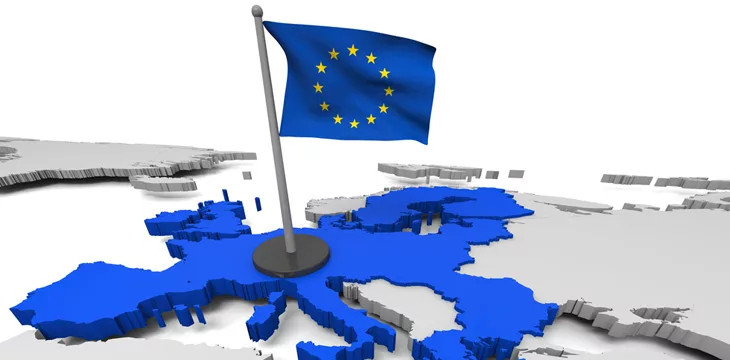In 2018, European Union (EU) member states launched the European Blockchain Services Infrastructure (EBSI), a partnership to develop blockchain-based public services.
Currently, there are 40 nodes spread across the continent, and multiple use cases, mostly related to verifiable credentials, have been developed. The European Commission has now decided to make things official by creating a new legal entity, the European Digital Infrastructure Consortium (EDIC), to make it simpler to share costs and govern the network.
The EDIC will have nine members, including Belgium as host, along with Croatia, Cyprus, Greece, Italy, Luxembourg, Portugal, Romania, and Slovenia. Poland has requested to join, making it ten members if it does.
Verifiable credentials using blockchain technology
While it’s certain that many other blockchain-based public services will be developed in time, right now, the EU is focused on verifiable credentials. This includes personal documents, products, and legal entities.
Despite all the integration that has occurred since the EU was formed in November 1993, there are still no continent-wide ways to verify educational credentials or company/organizational official documents. Likewise, plenty of knockoff goods remain, especially in the luxury sector. These EBSI applications could solve these problems and more.
At CoinGeek, we’ve been publishing for years about how blockchain technology can be used for much more than monetary transactions. Reducing counterfeit goods by tracking and tracing them across the global supply chain is one bona fide use case for immutable public ledgers, and firms like Alpha Dapp have made it easy to put educational credentials on the BSV blockchain.
The reduction of fraud and loss in all areas, educational credentials, including supply chains, and the monetary system are all possible thanks to scalable public blockchains. Look at Trace App, developed by IBM (NASDAQ: IBM) and Gate2Chain, as one example of what can be done on public utility blockchains.
Opinion: EU keeps impressing when it comes to blockchain technology
I’ve repeatedly said how I’ve been consistently impressed by the EU’s progress on blockchain technology. Yes, it’s a large and burdensome bureaucracy that takes its time about everything, but it’s making fast progress in this area compared to most of the rest of the world.
Aside from initiatives like the European Blockchain Services Initiative (EBSI), the EU has penned some of the world’s most comprehensive blockchain and digital currency regulations, known as Markets in Crypto-Assets Regulation (MiCA). It has named blockchain as a key area of focus in its Digital Decade initiative, and it was quick off the mark to begin exploring the digital euro and a European Digital Identity Wallet.
While all of these initiatives will have supporters and critics, there’s no denying the EU is moving ahead at a rapid pace when it comes to blockchain technology, digital assets, and their potential use cases. Combined with its AI Act, supercomputer-based AI factories, and strong digital rights, the EU will likely emerge as a frontrunner in these interlinked areas by the dawn of the next decade.
Watch: Memeland showcases Web3 utility beyond the digital sphere
 coingeek.com
coingeek.com
